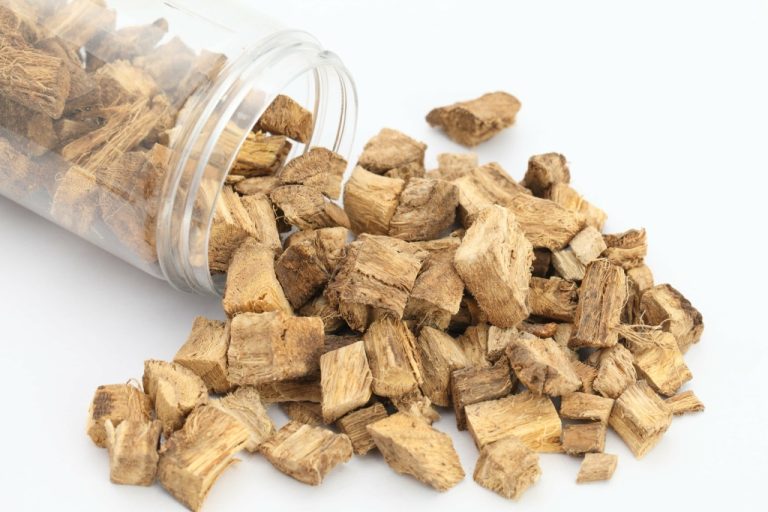Further, recent changes to SUD confidentiality regulations are expected to simplify the diagnosis and coordination of care for individuals with substance use disorders (SUD). Insufficient treatment infrastructure or a shortage of a skilled workforce to staff facilities and deliver care can also play a role in treatment rates. Rises in alcohol deaths may Top 5 Advantages of Staying in a Sober Living House be attributed to a variety of factors including, in part, increases in drinking and low treatment rates. Alcohol consumption and some indicators of binge drinking have been on the rise in recent years, particularly among some demographic groups. Excessive alcohol consumption is tied to the development of alcohol-related diseases, which can be fatal.
- This can mean joining a support group, such as Alcoholics Anonymous or SMART Recovery.
- It’s a vicious pairing that can be difficult to overcome; however, treatment can be effective.
- People with AUD have a heightened risk for depressive disorders, which are the most common co-occurring psychiatric disorders for this population.
Reduced folic acid
The distinction is important, because symptoms might be only temporary, whereas true psychiatric disorders are likely to require long-term and more intensive treatments, including psychotherapy and medication. Thus, few of the investigations offered assurance that an alcoholic or alcoholic’s relative actually https://thechigacoguide.com/top-5-advantages-of-staying-in-a-sober-living-house/ had a long-term psychiatric syndrome rather than a temporary alcohol-induced condition. However, treating most alcoholics’ depressive symptoms might not require the use of antidepressant medications. These medications are not needed to help clear an alcohol-induced mood or depressive disorder.
Children of alcoholics (COA’s) do not have an increased risk for major depressive or anxiety disorders
Consideration of disorder heterogeneity and key subgroup differences may help develop more targeted and personalized treatments to improve outcomes for this population. If you have access to a trusted healthcare professional, reaching out to them is a great way to begin managing depression and alcohol use. They may refer you to therapy—such as cognitive behavioral therapy—and/or psychiatry.
- Individuals with alcohol use disorder often develop a physical dependency on alcohol.
- Among people in treatment for DSM-IV AUD, almost 33% met criteria for major depressive disorder in the past year, and 11% met criteria for dysthymia.
- What’s unfortunate is that the lack of physical activity causes a person already struggling with issues of low self-esteem and/or body image issues to feel worse.
- Start by setting small goals and over time, it will become more of a habit.
What are the immediate clinical implications of coexisting depressive and anxiety states among alcoholics?
- Chronic alcohol use causes hormone imbalances in both men and women and leads to problems with fertility.
- At first, drinking can reduce fears and take your mind off of your troubles.
- It’s a multidimensional medical condition that can be impacted by family history, socioeconomic factors, and other medical conditions.
Certain medications and types of antidepressants include stimulants to assist in getting a person back to their normal daily activity. It includes mindfulness as a strategy to manage discomfort as it occurs. CBT is a great option for overcoming depressive thoughts and developing new strategies for coping with depression outside of alcohol use. Depressive disorders result in symptoms that cause serious reductions in a person’s ability to engage in activities of daily living (ADLs). These ADLs can be as complex as engaging in work activities to tasks as simple as getting out of bed. Ria Health is one program that strives to make this approach easier to access.
Some medications shouldn’t be mixed with alcohol as this might make you sick. Alcoholics anonymous (AA) and alcohol treatment centers offer classes and support group meetings. In these, you can also find support from others in the same situation.
Drink plenty of water
But what you may know be aware of is excessive drinking can seriously cause your mood to tank because of insomnia and/hypersomnia. If you drink wine, beer, whiskey or other alcoholic beverages, there’s a good chance you already know they can interfere with sleep. Anytime you use a substance in a way that it wasn’t designed, you are abusing it. I’m going to share a brief example below to help draw a mental picture.

How alcohol can affect your mood

“Alcohol can make one’s depression worse, as it’s a depressant and impacts one’s brain functioning,” Perry Witherspoon explains. Anyone who has experienced depression knows that the symptoms are not always within your control whether it’s a negative emotional spiral you can’t seem to escape or a lack of motivation to do the activities you once enjoyed. If you’re still experiencing symptoms of depression after a few weeks, the NHS advises you to contact your GP surgery. A good way of keeping track of how much you’re drinking – to help spot patterns, avoid your triggers and stay within the low risk drinking guidelines – is with the MyDrinkaware app. Signs to look out for include things like continuous low mood or sadness, feeling hopeless and helpless, having no motivation or interest in things, and – for some people – thoughts about harming themselves. If you need urgent help with your mental health, you don’t have to struggle alone.
